“To educate girls is to reduce poverty.” Kofi Annan
“Little girls with dreams become women with vision.” Unknown
“A child without education is like a bird without wings.” Tibetan Proverb
“Preventing conflicts is the work of politics; establishing peace is the work of education.” Maria Montessori
“Upon the subject of education . . . I can only say that I view it as the most important subject which we as a people may be engaged in.” Abraham Lincoln
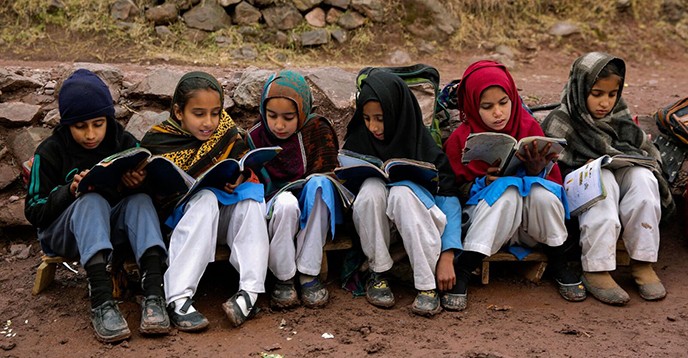
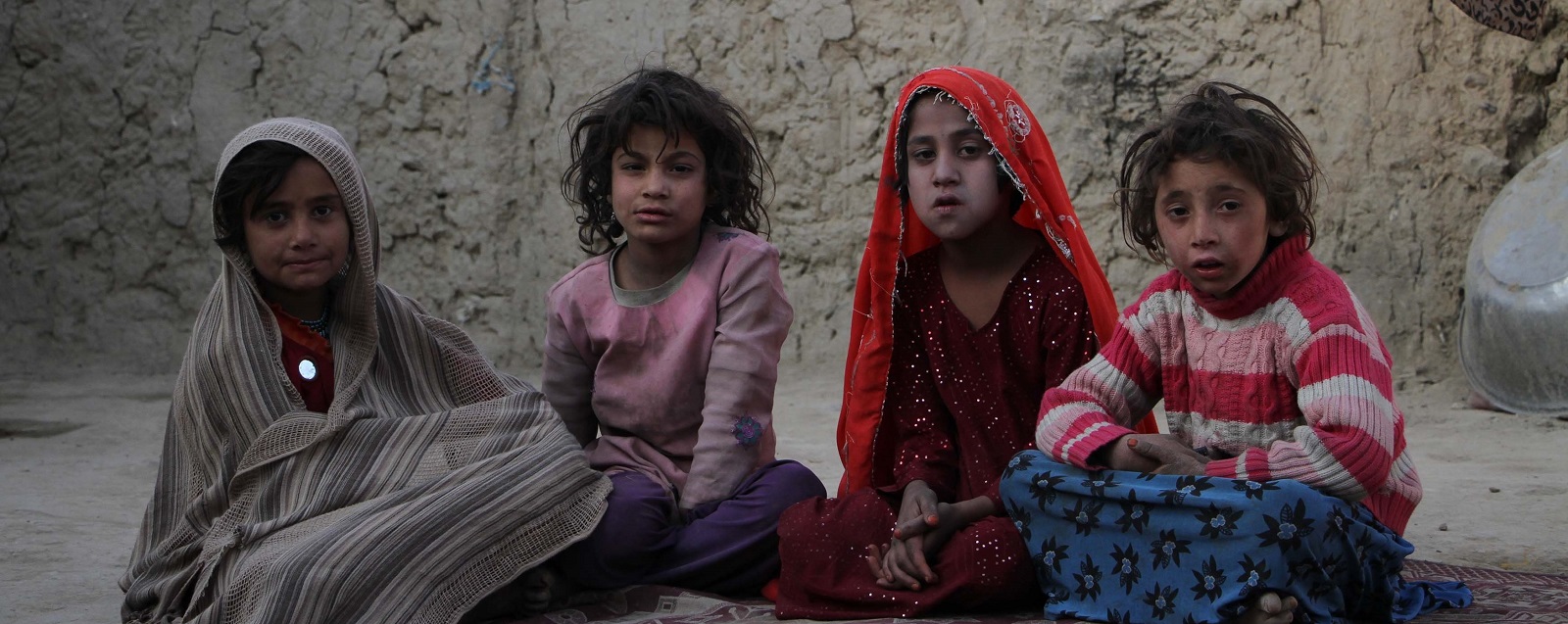
UN Universal Declaration of Human Rights
Education is not a choice; it’s a fundamental RIGHT. (UN Charter)
1) Everyone has the right to education. Education shall be free, at least in the elementary and fundamental stages. Elementary education shall be compulsory. Technical and professional education shall be made generally available and higher education shall be equally accessible to all on the basis of merit.
2) Education shall be directed to the full development of the human personality and to the strengthening of respect for human rights and fundamental freedoms. It shall promote understanding, tolerance, and friendship among all nations, racial or religious groups, and shall further the activities of the United Nations for the maintenance of peace.
3) Parents have a prior right to choose the kind of education that shall be given to their children.
Thus, as a matter of urgency, governmental agencies and educational institutions in each country should implement policies through which education can be popularized as a basic necessity of life as food, shelter, clothing, etc.
Although the UN declaration only states compulsory free elementary-level education, however, given the rapid pace of technological advancements and its uses in daily life, it should be expanded to include:

Pre-Kindergarten (3 years old)
Pre-Kindergarten (3 years old) up to Bachelor’s and Masters of Arts/Science (21 years old) with numerous certifications based on aptitude, interest, and competence.
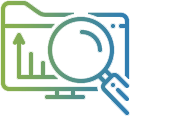
18 years of Free Education
Eighteen (18) years of Free Education with extreme flexibility catering to various needs initially to low- income families, subsequently being offered to everyone, everywhere.
“If we want to reach real peace in this world, we should start educating children.” Mahatma Gandhi
“Education is simply the soul of a society as it passes from one generation to another.” Gilbert K. Chesterton
“If you are planning for a year, sow rice; if you are planning for a decade, plant trees; if you are planning for a lifetime, educate people.” Chinese Proverb
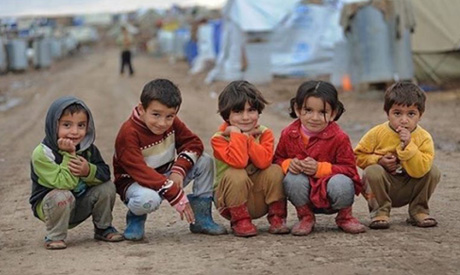
PLIGHT - State of Affairs
300 million children globally are out of school. (UNESCO)
Facts state that only 28.2% of the population in Africa and 48.4% of the population in Asia have access to the Internet, which leads to the inference that roughly three out of every ten individuals on the continent uses the Web.
A recent Harvard study exhibited that students actually learned better when education was theorized around “active learning,” thereby encouraging collaborative working on projects.
According to John F. Kennedy, the privilege of being born in an era where people are being provided with everything, holds great responsibility for the individuals as well, as you are expected to give everything back to society. Therefore, it is everyone’s responsibility to respond to his call and provide exceptional educational opportunities to people worldwide.
We are at a critical juncture. If we invest wisely and equitably in children’s education, we have the best possible chance of lifting children out of poverty by empowering them with the skills they need to access opportunities and create new ones for themselves. Henrietta H. Fore
Providing the best teachers and e-Learning resources can help children learn at an appropriate pace. Research by Surf Shark reports that 6 out of 10 countries with the highest DQL (Digital Quality of Life) are in Europe. Furthermore, only 18 countries out of the top 50 rankings are located outside of Europe. The lowest ranking DQL, as expected, belongs to developing countries.
Only 40% of the students can complete their tertiary education. The lack of resources is not limited to developing countries. Even in some of the most developed countries, not every student can complete their education and showcase their true potential.
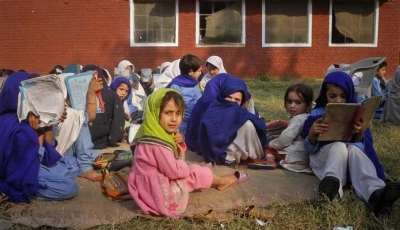
“The foundation of every state is the education of its youth.” Diogenes
“They cannot stop me. I will get my education if it is in the home, school, or anyplace.” Malala Yousafzai
“An investment in knowledge pays the best interest.” Benjamin Franklin
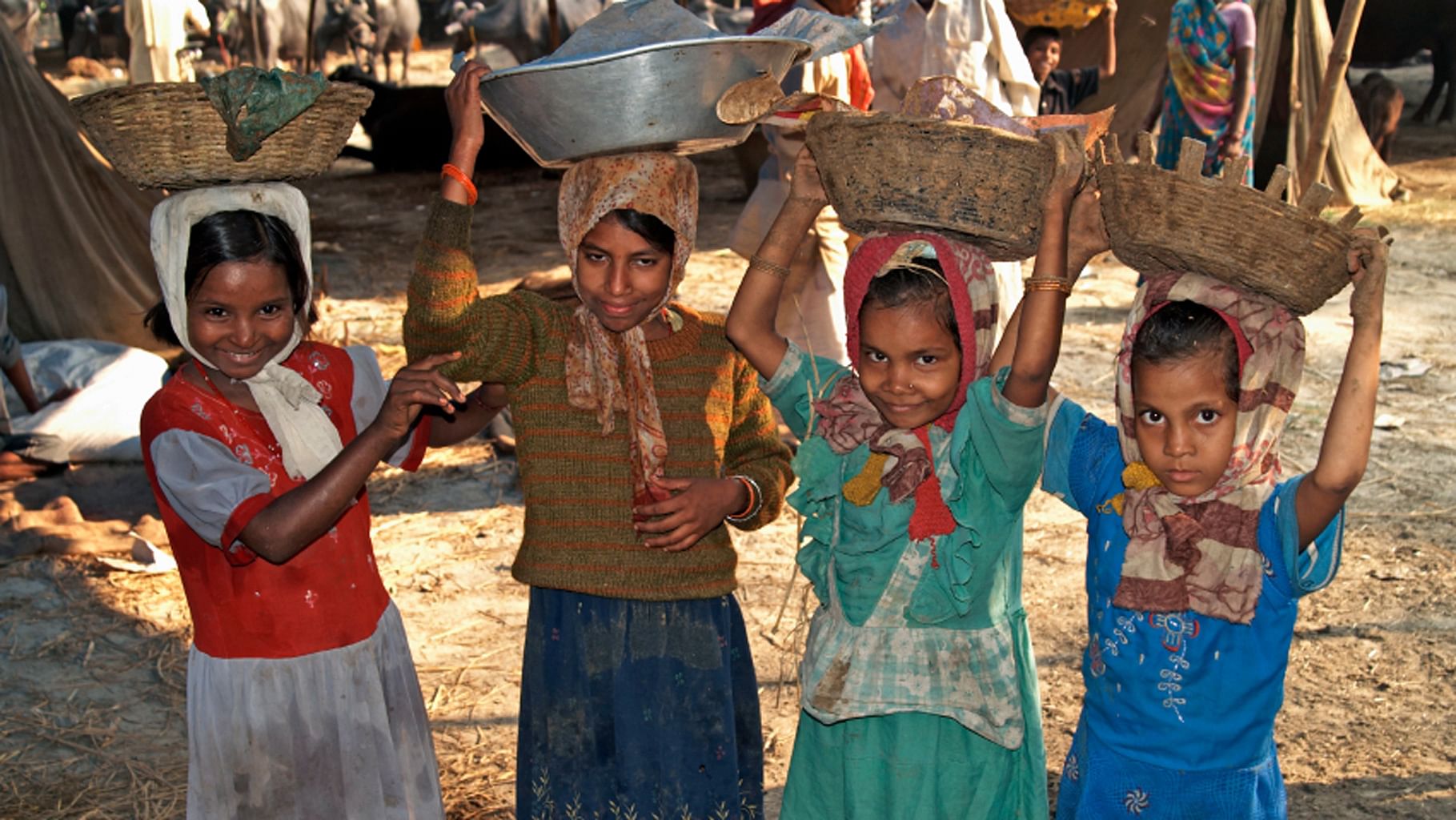
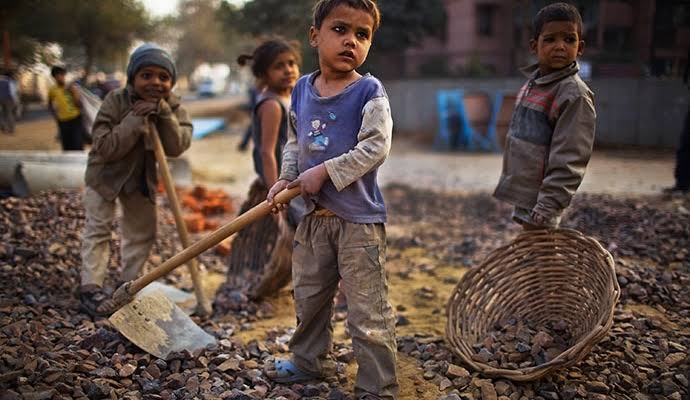
Currently some of world’s largest economies like USA, Europe, Japan & China are incorporating advanced technologies (Virtual Reality/VR in Education) & Tech-Centric Cloud-Based eLearning (testing) systems in their classrooms such as:
- Artificial Intelligence (AI)
- Augmented Reality (Education)
- Blockchain (companies) | Decentralized Finance (DeFi) – K-12 Education
- Internet of Things (IoT) – Impacts on Schooling
- Biometrics
- Robotics (Problem Solving)
- Quantum Computing (K-12, QCC, SheQuantum)
- Edge Computing
- Web 3.0
- Cybersecurity (Importance, K-12, Classroom)– Girlsecurity
Unfortunately, today’s youthful generation stands to lose 17 trillion dollars! Every person should be entitled to free, open, quality, lifelong learning and technology based global education without discrimination, which means:
Free Education
Free primary school education for every child
Online Learning
Equally accessible higher education to everyone
Social Learning
Secondary school (including technical training & vocational education)
Learn Forever
Fundamental education for those who missed out on primary school should be encouraged and made available
“Intelligence plus character – that is the goal of true education.” Martin Luther King Jr.
“To the extent that we are all educated and informed, we will be more equipped to deal with the gut issues that tend to divide us.” Caroline Kennedy
“Education is for improving the lives of others and for leaving your community and world better than you found it.” Marian Wright Edelman
Policy Framework
There are 773 million illiterate adults around the world, most of whom are women!
MEFE advocates an all-inclusive policy framework for eradicating illiteracy globally, which requires the participation of everyone, which shall be inclusive of:
1) International Institutions
2) Governments in each country
- Federal
- Provincial
- Regional
- State
- Local
3) Private Sector Companies
- Global Multinationals
- Regional
- Local
4) Non-Governmental Organizations (NGOs)
5) Educators
6) Parents, Families, Individuals, etc.
Illiteracy impacts all facets of society, including vanished industrial productivity, unrealized tax revenues, welfare, crime, poverty, and various social ills such as gender inequality, health care availability, civil rights, overpopulation, etc.
Illiteracy is an illness that affects both illiterate individuals and society as a whole. That is why researchers suggest early childhood interventions as a solution to the problem of illiteracy.
Familiarizing young children with educational resources and subjects early can help them develop the skills required to become successful later.
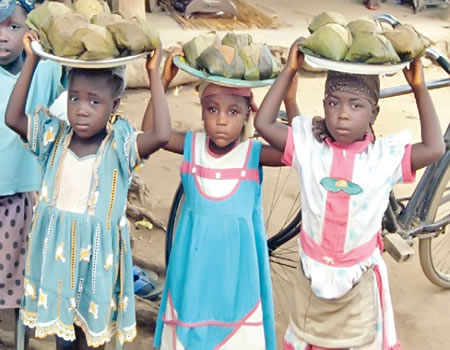
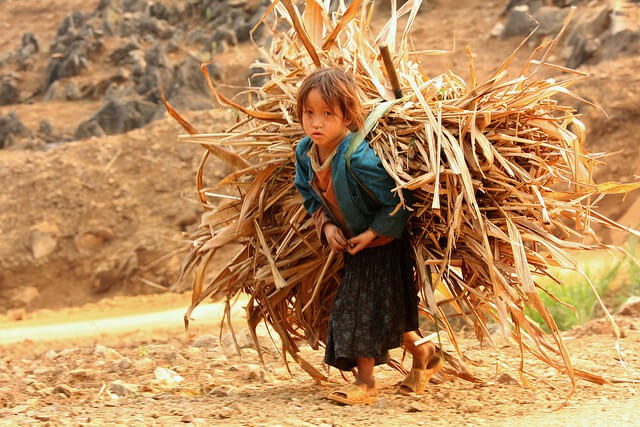
“Education is possibility set in motion.” Jill Biden
“Knowledge is power. Information is liberating. Education is the premise of progress, in every society, in every family.” Kofi Annan
“Only the educated are free.” Epictetus
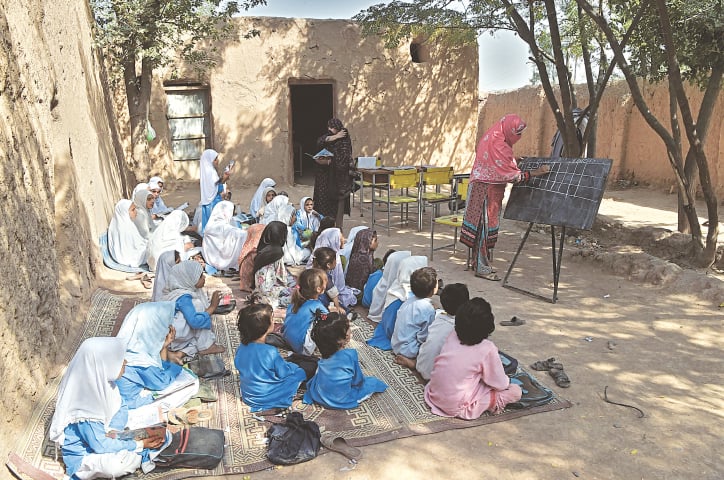
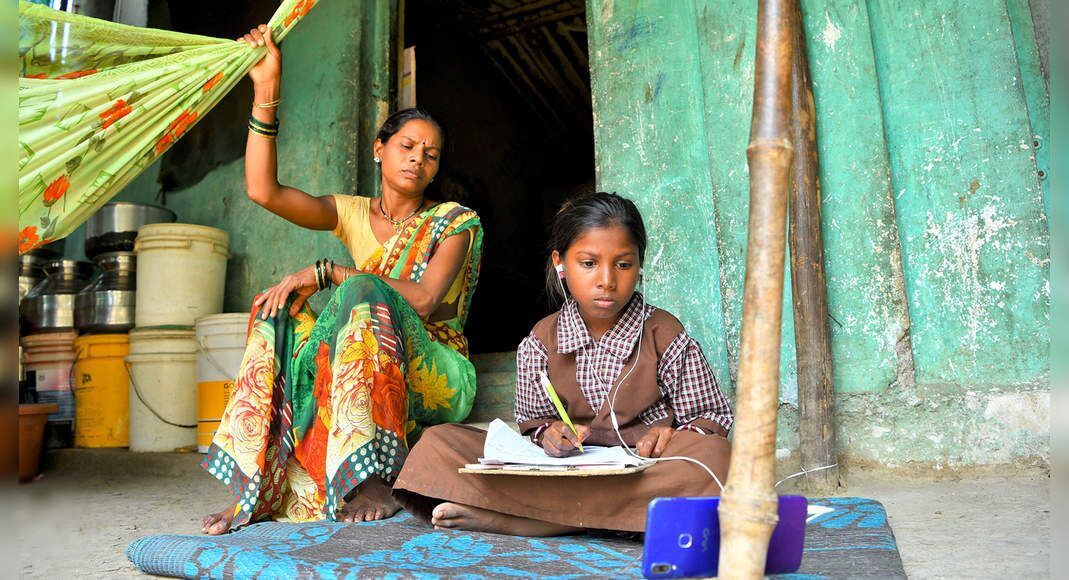
Key Challenges
Key challenges impacting the delivery of educational services to everyone, as a result of which fewer children are educated:
1) Safety & Security (especially for girls living in remote areas)
2) Infrastructure & Financial Resources Limitations
- Schools
- Electricity
- Internet access
- Transportation
- Computers/Tablets
- Toilets/Bathrooms/Latrine/Water Closet (WC)
3) Lack of Quality, Affordability & subsequent Employability
4) Awareness, Aptitude/Interest for studying & minimal Benefits
5) Scarcity of Human Resources
- Teachers, administrators & other support personnel
6) Family Pressures, Poverty, Preferences, Priorities, etc.
7) Have to work instead in order to feed & support family
“The seeds of success in every nation on Earth are best planted in women and children.” Joyce Band
“Through my education, I didn’t just develop skills, I didn’t just develop the ability to learn, but I developed confidence.” Michelle Obama
“Women have a better chance to secure freedom and protect themselves from violence, from abuse, from injustice, if they are well-educated and know their rights.” Laura Bush
“To me programming is more than an important art. It is also a gigantic undertaking in the foundations of knowledge.” Grace Brewster Murray Hopper
“The more I study, the more insatiable do I feel my genius for it to be.” Ada Lovelace